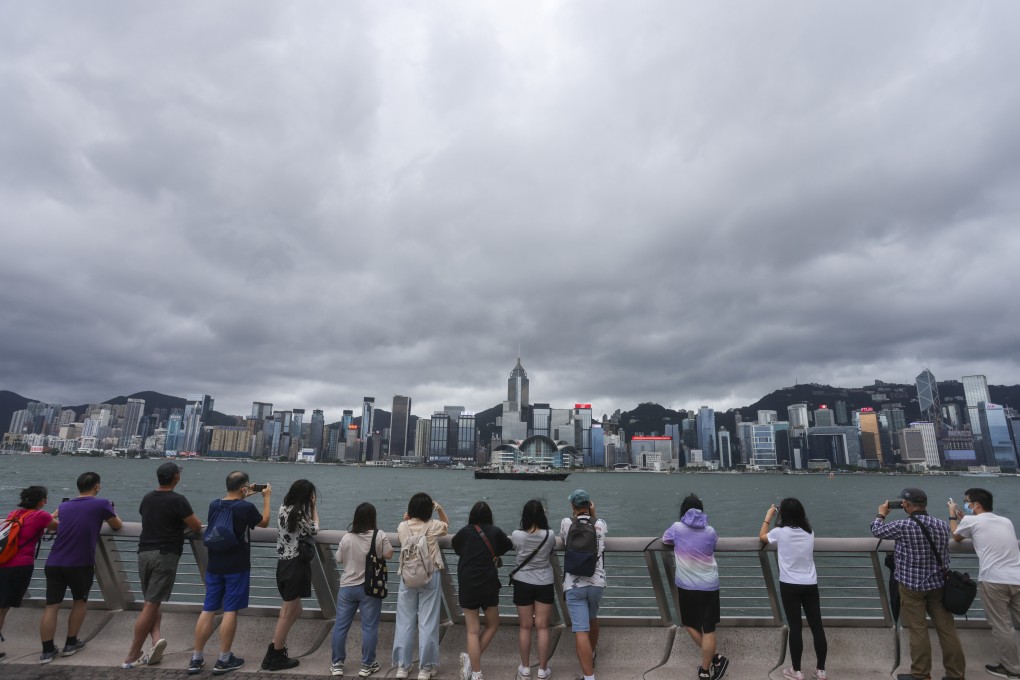Opinion | How Hong Kong can rise to the challenge of telling its story well
- Hong Kong’s spokespersons must counter both accusations of suppression of freedoms and the narrative that the economy is withering under the weight of Covid-19 restrictions
- But our political and business elite are experienced at promoting the city, which itself has a track record of fighting back and overcoming adversity

Not only did Xi compliment Hong Kong for its strengths as a free and open economy highly convergent with international rules, he also envisaged Hong Kong playing an even bigger role in “advancing the new paradigm of China’s opening up on a larger scale, across more areas and in greater depth”.
Xi’s remarks reflect China’s recognition of Hong Kong’s unique advantages as the linchpin between the Chinese mainland and the world, and the expectation of Hong Kong carving out a greater role on the international stage in tandem with China’s global ascendance.
Promoting Hong Kong overseas is nothing new to Hong Kong’s leaders, from both government and business, who have a tradition of venturing abroad to negotiate trade deals or promote Hong Kong as a trade, manufacturing and, in recent decades, a global financial hub.
